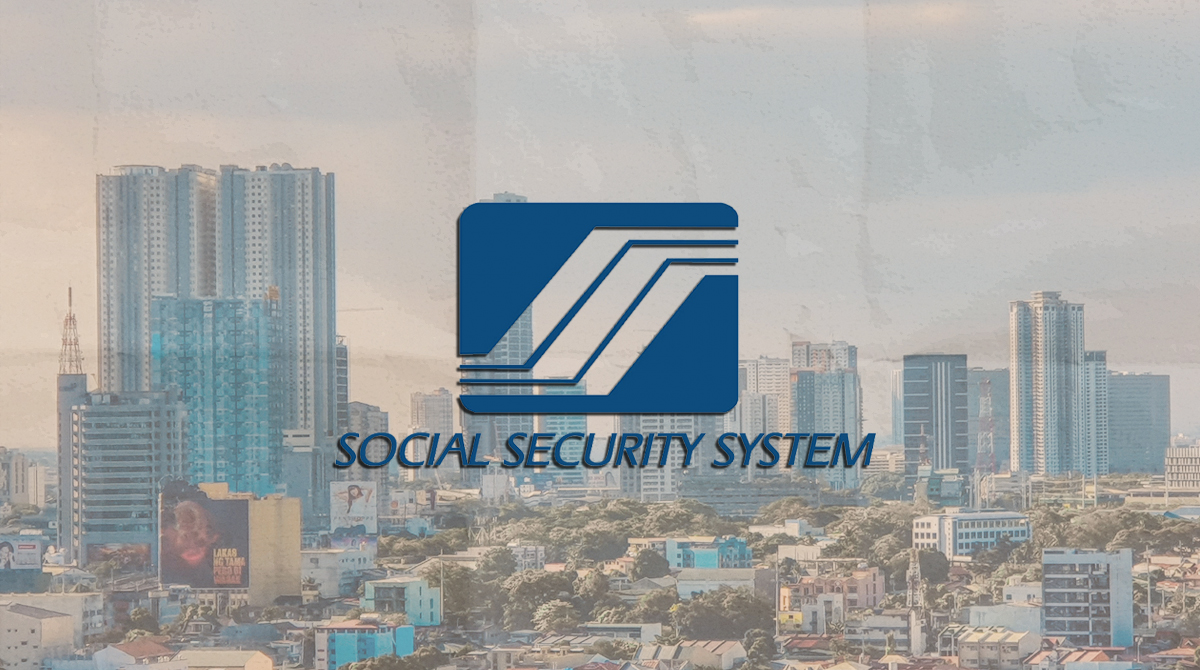News
SSS Members with Unpaid Loans Can Now Avail the New Loan Penalty Condonation Program


The Social Security System (SSS) on Tuesday launched a new penalty condonation program that aims to aid its members in paying their past-due loans.
SSS President and Chief Executive Officer Michael G. Regino urged members with unpaid short-term member loans to take advantage of the Consolidation of Past Due Short-Term Member Loans with Condonation of Penalty.
Members qualified to avail of the program are those with outstanding Salary Loans including Salary Loan Early Renewal Program (SLERP), Calamity, Emergency Loan, and Restructured Loan.
“We continuously offer loan penalty condonation programs to help our members settle their loan balances without penalties and regain their good standing with the SSS,” Regino said.
Under the program, SSS shall combine the principal and interest of a member’s past-due short-term member loans into one consolidated loan while all unpaid penalties shall be consolidated and condoned upon full payment of the consolidated loan.
Interested members must meet the following requirements to qualify for the program:
- have a past-due short-term member loan at the time of their application;
- have not been granted any final benefit such as permanent total disability or retirement;
- have not been disqualified due to fraud committed against the SSS; and
- have an active My.SSS account.
Regino said members may pay their consolidated loan through a one-time payment within thirty (30) calendar days after receiving the approval notice or they may also opt to pay through installment.
For the installment scheme, members must pay a down payment equivalent to at least 10% of the consolidated loan within thirty (30) calendar days after receiving the approval notice. Meanwhile, they can pay the remaining balance for up to 60 months, depending on the amount.
He said that if the member fails to meet the payment terms based on the consolidated loan agreement, SSS will deduct the outstanding balance of the consolidated loan from the short-term benefits (sickness, maternity, or partial disability benefit claims) and final benefits (permanent total disability, death, retirement), as authorized by the Social Security Commission (SSC).
The SSS chief added that the outstanding balance of the consolidated loan can also be deducted from the death benefit of the members’ beneficiaries or deduct it from the actual final benefit claims.
“We want to collect the past-due loans from our members. However, we also recognize that the pandemic has greatly affected the livelihood of many of them. At this point, they might already be able to pay their loan obligations. Hence, we designed this consolidated program to help them settle their loan obligations by condoning the penalties and offering flexible payment terms,” Regino concluded.













